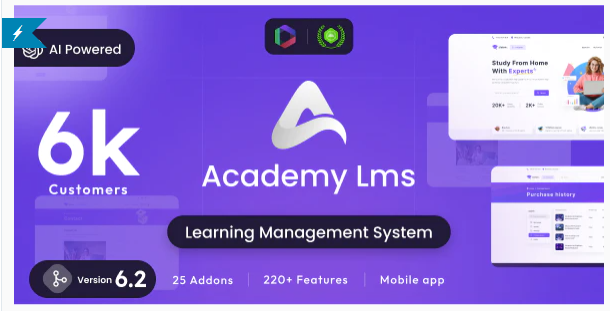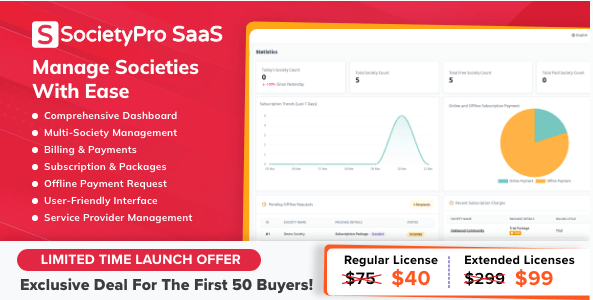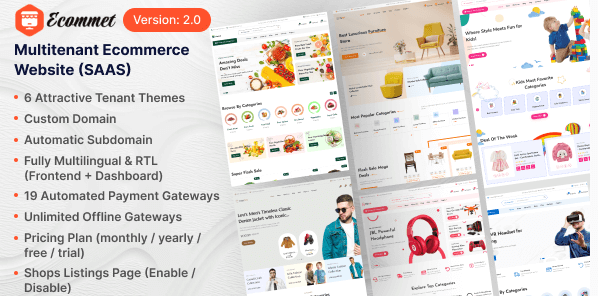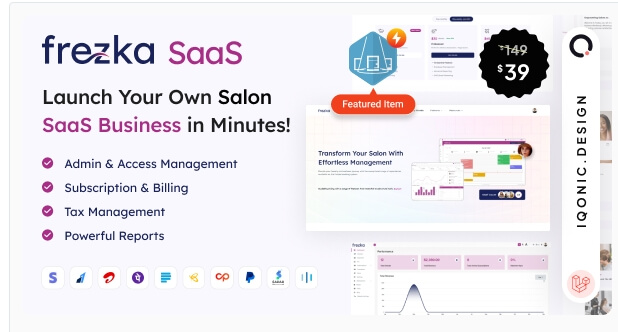Academy LMS is a Learning Management System (LMS) designed to facilitate the creation, management, and delivery of online courses and training programs. As of my last knowledge update in September 2021, Academy LMS was known for offering a range of features commonly associated with modern LMS platforms.
However, please note that there may have been updates or changes to the platform since then. Here are some key features and aspects associated with Academy LMS:
- Course Creation: Academy LMS allows instructors or organizations to create and structure online courses. This typically includes the ability to add multimedia content such as videos, presentations, quizzes, and assignments.
- User Management: It provides tools for managing user accounts, roles, and permissions. This is crucial for administrators, instructors, and learners to access and interact with the platform.
- Interactive Learning: Academy LMS often supports various forms of interactive learning, including quizzes, surveys, assignments, and discussions. These features can enhance engagement and knowledge retention.
- Analytics and Reporting: The platform may offer analytics and reporting features to track learner progress, participation, and performance. This data can help instructors and administrators make informed decisions about course improvement.
- Multi-Tenancy: Some LMS solutions, including Academy LMS, are designed to support multi-tenancy, allowing multiple organizations or institutions to use the same LMS while maintaining separate, isolated environments.
- Customization: Users can often customize the look and feel of their LMS to match their branding or specific preferences.
- Payment Integration: For organizations offering paid courses, Academy LMS may support payment gateway integrations, enabling secure transactions for course enrollment.
- Certificates and Badges: It often includes features to issue certificates or badges to learners upon course completion, which can be valuable for recognition and motivation.
- Mobile Compatibility: Academy LMS may have mobile-responsive designs or dedicated mobile apps, making it accessible to learners on various devices.
- Support and Updates: Reliable LMS providers typically offer customer support and regular updates to maintain the security and functionality of the platform.
- Scalability: An LMS like Academy LMS should be scalable, allowing it to accommodate the growth of users and courses as an organization expands its eLearning initiatives.
- Community and User Support: Many LMS platforms have user communities, forums, or support resources where users can exchange ideas, seek help, and share best practices.





